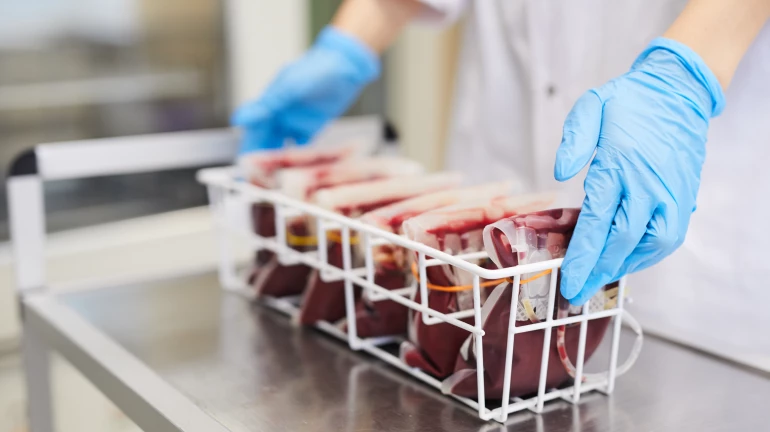
The Brihanmumbai Municipal Corporation (BMC)’s recently conducted the third serosurvey, which covered 10,197 people’s blood samples collected from citizens from across 24 wards, found seropositivity (presence of antibodies) of 41.6 per cent in slums, and 28.5 per cent in non-slum areas.
Moreover, the survey also revealed an increase in antibodies among the non-slum population, but a more interesting trend is that the overall percentage of antibodies is higher in women compared to men.
A similar pattern has also been noticed in terms of COVID-19 positivity. While 58 per cent of the samples collected from men have been found to be COVID positive, the same for women is 42 per cent.
The findings have revealed that out of the samples collected, 35.02 per cent seropositivity was found among men and 37.12 per cent among women. Further, blood samples taken from private laboratories in non-slum areas showed seropositivity of 28.5 per cent, which in the first survey was 16 per cent (in three wards) and 18 per cent in the second one.
While the first serosurvey was conducted in July 2020 in three wards, the second one was done in August last year in the same wards. For the current survey, blood samples were collected from municipal dispensaries and private medical laboratories as well.
A civic official said that it is important to make certain scientific information available regarding the spread of the virus, hence, the third serosurvey of citizens was conducted. The results of the third survey were made public on April 24.
This time, the percentage of the slum population with antibodies has consistently declined. On the contrary, the rise in antibodies in the non-slum population has increased. The BMC has maintained that the second wave is largely confined to the high-rises.
According to reports, antibodies are formed within a week to three weeks of infection, but their levels start declining after a few months of the infection.
The first serosurvey last July showed 57 per cent of the population in the slums had antibodies. This reduced to 45 per cent in the second survey in August 2020, and 41.6 per cent this March. In non-slums, the first serosurvey showed that 16 per cent were exposed to the virus in July 2020. This rose to 18 per cent by August, and 28.5 per cent this March.





